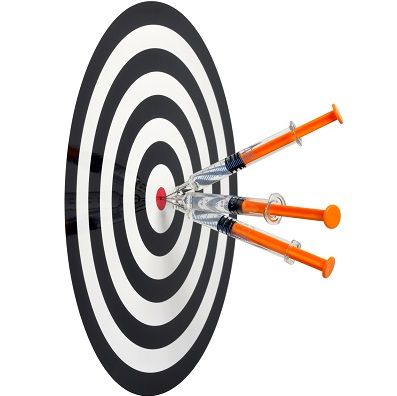Article
Imagining a Vaccine for Asthma
Author(s):
According to a recently published review, development is proceeding on vaccines that hope to prevent or mitigate asthma, with several approaches advancing to clinical trial.

According to a recently published review, development is proceeding on vaccines that hope to prevent or mitigate asthma, with several approaches advancing to clinical trial.
"It is possible to imagine a single injection that may make our current therapies for asthma seem as historical as clean air sanatorium treatments for tuberculosis," write Varpu Elenius, MD, and Tuomas Jartti, MD, Department of Pediatrics, Turku University Hospital, Turku Finland. "Reality is unfortunately a bit harder," they added.
Their review of ongoing vaccine research and its most promising targets for asthma was published in the November issue of Pediatric Allergy and Immunology.
Difficulties in developing a successful therapeutic intervention begin with the complexity of the condition itself, the reviewers point out. They note that not all symptoms seen in a child predisposed to asthma have an allergic cause, and only a relatively small proportion of infants who wheeze will subsequently develop asthma.
"Recognition and accurate diagnosis of asthma in early life can be difficult. There is great need to identify target populations, involved mechanisms and interactions for the best interventions," Elenius and Jartti observe.
Vaccinating young children against viral triggers of wheezing and asthma may be an attractive strategy as most asthma exacerbations in children have been associated with virus infections. The reviewers note evidence that asthmatic persons are likely to have a defect in producing the interferons that are an important component of antiviral defense.
A targeted antiviral vaccine may also demonstrate a broader anti-asthmatic effect, the reviewers posit, as a study with palivizumab (Synagis, MedImmune and AstraZeneca) for respiratory syncytial virus (RSV) demonstrated a decrease in other virus-induced recurrent wheezing during the first year of life. Several candidate vaccines against RSV are currently in clinical trials.
Allergen-specific immunotherapy has demonstrated promise in two open-label trials in preventing asthma among children who have allergic rhinitis, a major risk factor for asthma. The authors discuss several investigative approaches to reduce vaccine allergenicity while improving therapeutic immunogenicity, including different routes of administration (choosing tissue with high density allergen-presenting cells but low density of mast cells) and pre-treatment with omalizumab (Xolair, Genentech and Novartis).
Other intriguing strategies include designing vaccines for immunomodulation. The reviewers cite pre-clinical work, for example, toward a vaccine to induce immunomodulatory beneficial regulatory T (Treg) cells. "The idea is to fine-tune the immune response away from asthma to another form of benign protective immunity," they explained.
Related Coverage:
“I felt like a completely different person": New Asthma Pill Impresses in Early Study
Paternal Tobacco Use Raises Asthma Risk in Offspring, Even Years Before Conception



